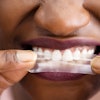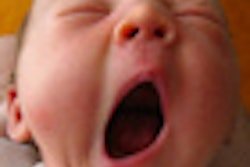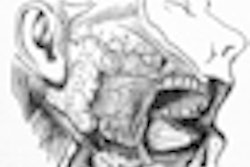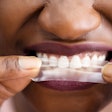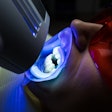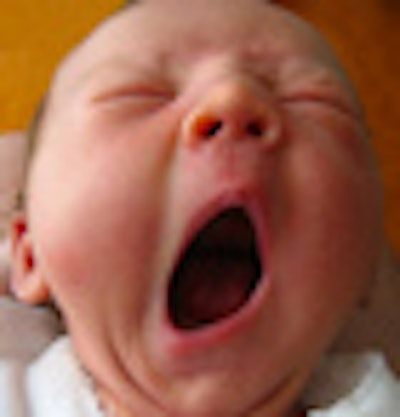
Young children who snore a lot or have other breathing problems at night may have a heightened risk of behavioral and emotional problems later on, a new study suggests.
The study, published in the journal Pediatrics, is not the first to link behavioral issues to so-called sleep-disordered breathing.
"We didn't invent the association," noted lead researcher Dr. Karen Bonuck, of the Albert Einstein College of Medicine in New York.
But, she said, this is the largest study yet to look at the question, following more than 13,000 children from infancy to the age of seven.
Of those kids, 45% remained free of nighttime breathing problems, based on parents' reports. The rest had symptoms at some point during infancy or early childhood.
Eight percent of the children fell into what the researchers dubbed the "worst case" group; they had breathing symptoms that peaked between the ages of two and three and then persisted.
Overall, Dr. Bonuck's team found, children with sleep-disordered breathing at any time were more likely to develop symptoms of behavioral or emotional disorders -- like attention deficit hyperactivity disorder (ADHD) or anxiety -- by age seven.
About 13.5% had such symptoms at age 7, versus just over 8% of kids who'd been free of sleep-disordered breathing.
And the biggest risk was seen in the worst-case group. By age 7, nearly 18% of those kids had possible behavioral or emotional disorders.
The researchers can't say for sure whether all of those children had outright disorders, such as ADHD. Their results are based on a screening questionnaire given to parents.
What's more, it's not certain that the breathing problems are directly to blame.
But, Dr. Bonuck said, the researchers did control for a range of variables that could help account for the link -- like parents' income and education, race, birth weight, and whether moms smoked during pregnancy.
"Even considering all those variables, overall, sleep-disordered breathing seemed to have the strongest effect," Dr. Bonuck said.
Among the "worst case" kids, for example, sleep-disordered breathing was linked to a 72% increase in the risk of behavioral and emotional symptoms at age seven -- even with other factors considered.
"This provides strong evidence that the (breathing) symptoms we looked at could promote these behavioral and emotional symptoms," Dr. Bonuck said.
Still, she stressed, no one is saying sleep-disordered breathing is the whole story. "Certainly, emotional and behavioral disorders are multi-factorial," Dr. Bonuck said.
"What [the study] found is intuitively what we'd expect to see," said Dr. Sanjeev V. Kothare, interim medical director of the Center for Pediatric Sleep Disorders at Children's Hospital Boston.
Dr. Kothare noted that the American Academy of Pediatrics (AAP) already recommends that pediatricians should screen all children for snoring and, if needed, refer them to a sleep center for further evaluation.
In many kids, especially 3- to 6-year-olds, sleep-disordered breathing is caused by enlarged tonsils or adenoids, and removing the tissue can improve nighttime breathing -- as well as daytime symptoms, Dr. Kothare noted.
For other children, excess pounds feed the nighttime breathing problems and most will improve if they shed the extra weight, according to the AAP. Another treatment option is continuous positive airway pressure.
By Amy NortonSOURCE: https://bit.ly/x5N27K
Pediatrics, March 5, 2012.
Last Updated: 2012-03-06 15:57:09 -0400 (Reuters Health)
Copyright © 2012 Reuters Limited. All rights reserved. Republication or redistribution of Reuters content, including by framing or similar means, is expressly prohibited without the prior written consent of Reuters. Reuters shall not be liable for any errors or delays in the content, or for any actions taken in reliance thereon. Reuters and the Reuters sphere logo are registered trademarks and trademarks of the Reuters group of companies around the world.
